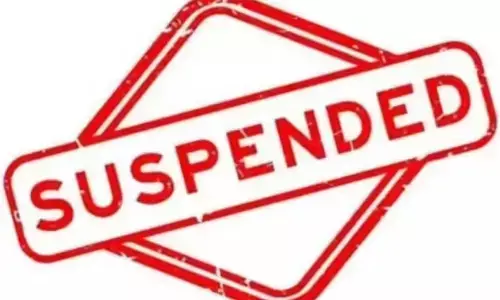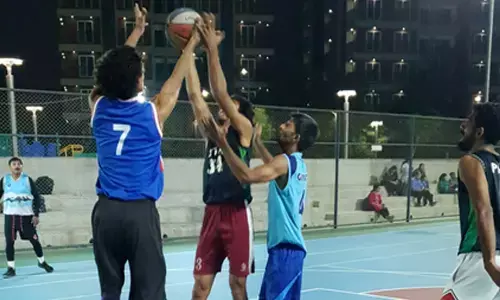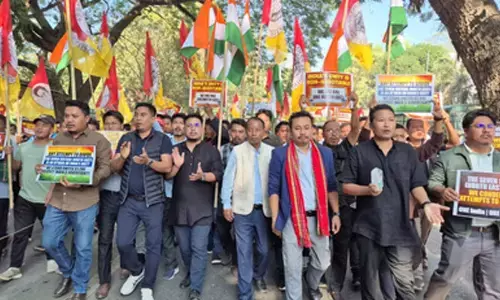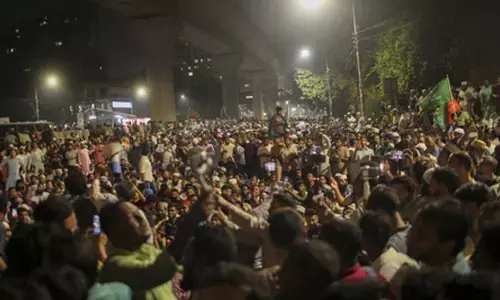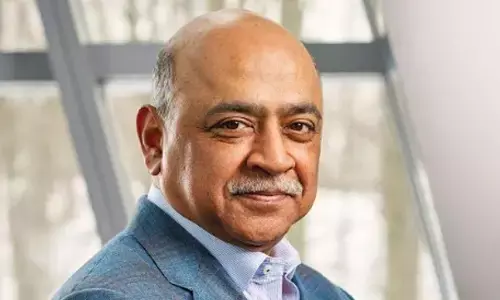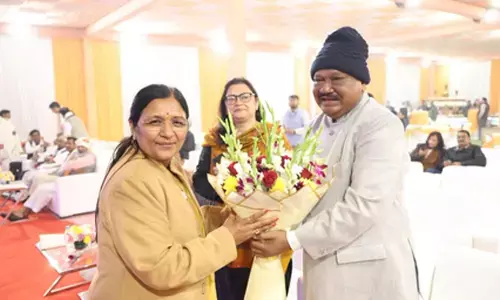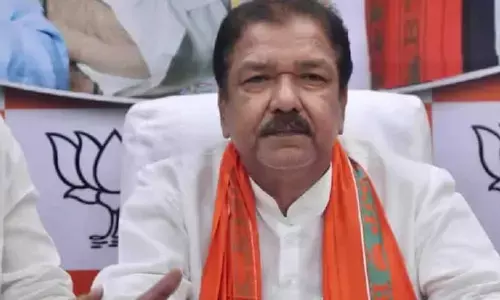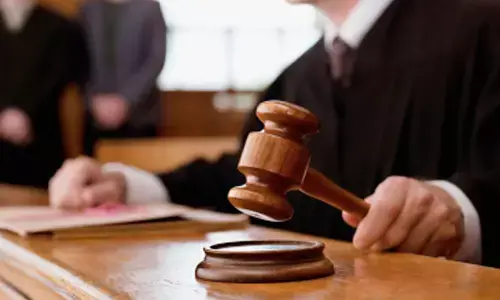Supreme Court Approves Sub-Classification In SC/ST Categories For Reservations In Jobs And Education
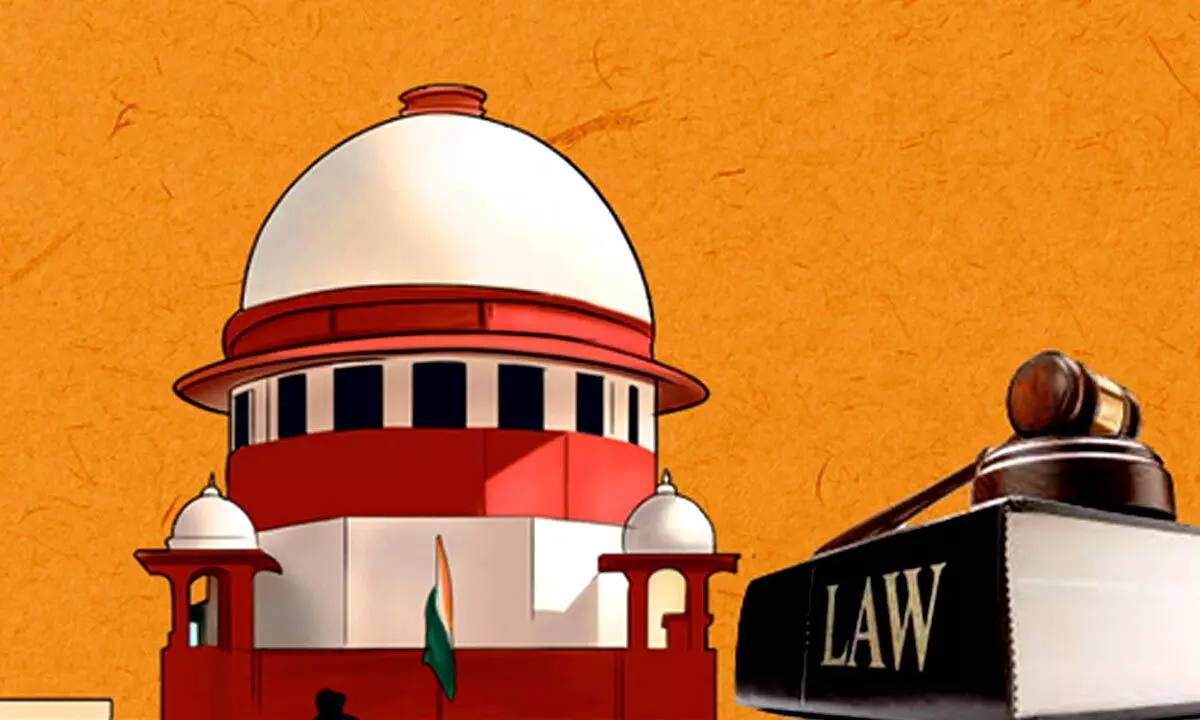
- The Supreme Court, in a landmark 6:1 decision, allows sub-classification within Scheduled Caste and Scheduled Tribe categories to enhance reservations for more marginalized communities, overturning a 2004 verdict.
- Chief Justice DY Chandrachud leads the majority opinion.
A seven-judge Constitution bench of the Supreme Court has approved sub-classification within Scheduled Caste and Scheduled Tribe categories to provide reservations in jobs and education for the more marginalized among these communities. This landmark verdict, passed with a 6:1 majority, was led by Chief Justice of India DY Chandrachud, with Justice Bela Trivedi dissenting. The verdict overturns the 2004 judgment of a five-judge Constitution bench in the case of EV Chinnaiah vs. State of Andhra Pradesh. The other judges on the bench were Justice BR Gavai, Justice Vikram Nath, Justice Pankaj Mithal, Justice Manoj Misra, and Justice Satish Chandra Mishra.
During the hearing, the Centre supported sub-classification within the Scheduled Caste and Scheduled Tribe categories. The Chief Justice noted the distinction between "sub-classification" and "sub-categorisation," suggesting that states may need to sub-categorise reserved category communities to ensure benefits reach the more disadvantaged groups.
"There are six opinions. Mine is for Justice Manoj Misra and me. A majority of us have overruled EV Chinnaiah and we hold that sub-classification is permitted. Justice Bela Trivedi has dissented," Chief Justice Chandrachud stated.
He added, "Members of SC/ST categories often cannot advance due to systemic discrimination. Article 14 permits sub-classification of castes. Historical and empirical evidence shows that the Scheduled Castes are a socially heterogeneous class."
Justice BR Gavai referenced Dr. BR Ambedkar's 1949 speech, emphasizing the necessity of social democracy for political democracy to be effective.
Justice Gavai remarked, "The hardships and backwardness faced by some Scheduled Castes vary by caste. EV Chinnaiah was wrongly decided. The argument that a party could use reservations for political gain is not persuasive. The ultimate goal is to achieve real equality."
In her dissent, Justice Trivedi criticized the referral process to a larger bench without assigned reasons, emphasizing the importance of the doctrine of precedents in the legal system.
The court also noted that any sub-classification within backward communities must be based on empirical data demonstrating inadequate representation.








